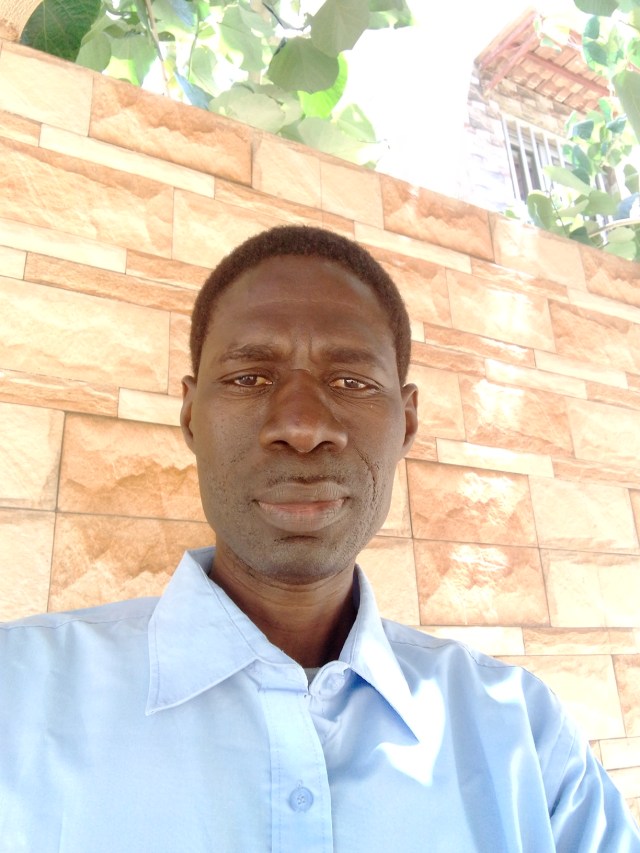Bassirou Niang
Born in Tivaouane, Bassirou Niang is both a journalist (cultural), communications consultant, essayist and media specialist. Rich in professional experience of more than fifteen years, he holds one of the communication at ISSIC and a certificate of specialization in modern and contemporary French literature (mention Assez-Bien -Ucad), of a certificate on the challenges of sub-regional integration in West Africa (CESTI-International International Berlin Journalism).
He has collaborated with many daily newspapers and magazines in Senegal and elsewhere, including in the morning, daily Walf, Emergence Plus, our Afrik (Belgium) of which he was one of the correspondents in Dakar for two years.
Member of the African FADC Critic Critique FAPC) since 2007, as a film critic, he is one of the editors of www.africine.org and www.imagesfrancophones.org as well as Senciné and Awotele specialized journals. He also participated in film meetings on the continent, and also in Saudi Arabia (Red Sea International Film Festival) and was a member of the Jury (Critics) at the 2016 JCC and that of the International Documentary Film Festival (FIFD 2019) in Saint-Louis (Senegal). Recently, he was in the 2018 Recidak Organizing Committee, notably of the Press Commission.
Bassirou Niang who will be co -opted for the 82nd edition of the Golden Globes, was accredited to the Cannes Film Festival in 2021, 2022 and 2023 and at the Toronto Festival in 2023 and 2024.
His professional life was marked by services in development organizations (FAO), in cultural structures (Biennale 2012 through the Communication Agency Osmose) or even on behalf of the Goethe Institut Senegal and German television WDR/ARTE.
Furthermore, Bassirou Niang published in 1994, in the prestigious Swiss literary review [VWA] of La-Chaux-de-Fonds, a collection of thirteen pieces (poems) under the title of “Sillon of a self” and participated in an anthology-“season of love and anger”-published by the Neas in 1998 and having gathered the texts (poems and short stories) Burkina-Fao, Mali, Niger and Senegal, under the direction of Boubacar Boris Diop and Hélène Bezanson. In 2011, he published a test under the title “Identitât (en), que sum?” In the catalog of German and Senegalese artists called “Bastard Project Dakar, Goethe Institut Senegal, 2011”. Then another, in 2022, still on behalf of the Goëthe Institut Dakar, on the occasion of the Ndajén fair entitled “Inventing a new musical fanaticism?”


